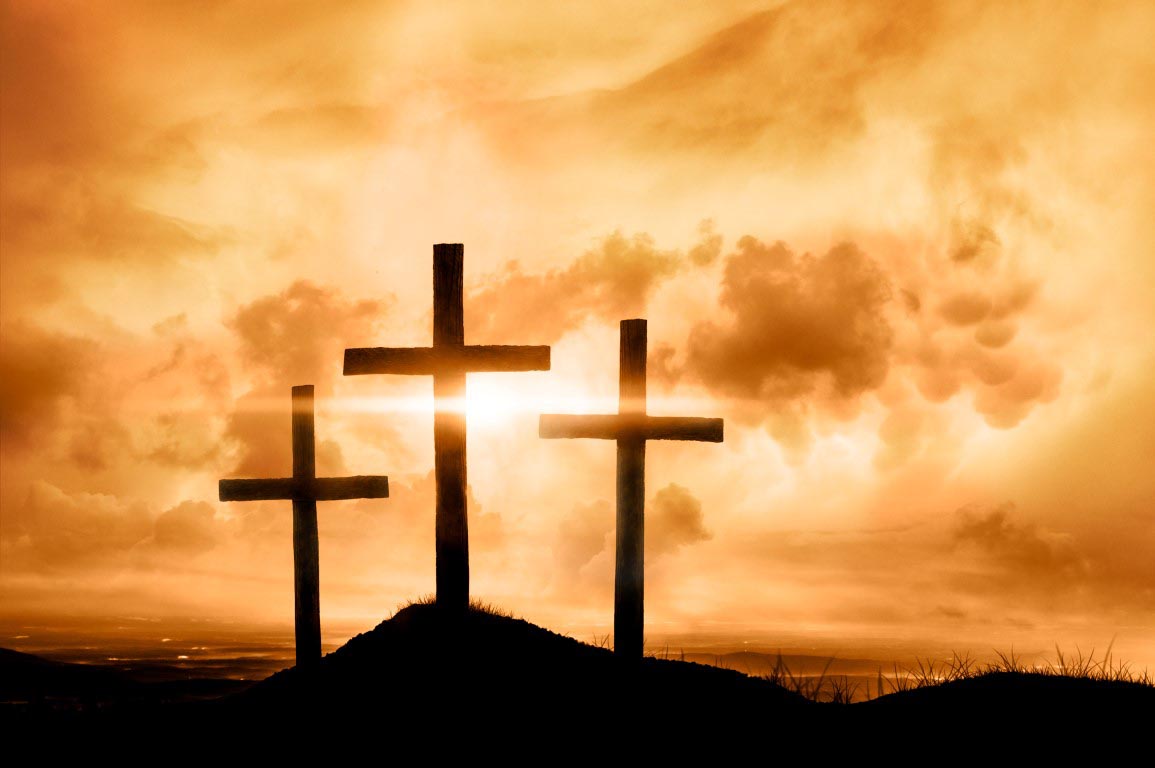What are you giving up for lent?” Usually, the answers range from meat and alcohol to partying and sex, there is some level of sacrifice. But why is this so? What is the story behind Lent and why is it so significant to not only Christians but non-religious people as well?
BUZZZ Magazine sought to explore Lent and find out why this is referred to as the holiest time of the year for Christians; a time of plenty prayer, penance, sacrifice and good works. The word ‘Lent’ comes from the Anglo-Saxon words ‘lencten’ meaning ‘Spring’ while ‘lenctented’, which means “Springtide” can also translate to ‘March’ the month in which the majority of Lent falls. In Latin, ‘Quadragesima’ means ‘Fortieth’, signifying a solemn religious observance in the Christian liturgical calendar that begins on Ash Wednesday and ends approximately six weeks later, before Easter Sunday. The purpose of Lent is the preparation of believers for Easter through prayer, denying the flesh, repentance of sins, almsgiving and other forms of self-denial. This period is observed not only in the Catholic churches but also the Anglican, Eastern Orthodox, Oriental Orthodox, Lutheran, Methodist as well as some of the new charismatic churches.
The number ‘40’ has always had special religious or spiritual significance regarding preparation. On Mount Sinai, preparing to receive the Ten Commandments, Moses stayed there with the Lord for 40 days and 40 nights without food or drink; Elijah walked “40 days and 40 nights” to Mount Horeb and Jesus fasted and prayed for 40 days and nights in the desert before he began his ministry.
Is fasting a must during Lent? Well the answer to that depends of which church’s ideology you choose to subscribe to, as the Lenten fasting rules has also evolved. Note, fasting does not mean starving oneself, as a small repast is allowed during the day to keep up one’s strength.
So having explored its origins and observances, the next logical question is why observe this period if you are not religious? Well, you do not have to be a Christian to appreciate some of its principles and tenets, here are a few good reasons:
1. It is almost like making a New Year’s resolution as it offers a reminder of what you want to do to make yourself better.
2. It is also a time of penance so it is a great opportunity to make amends with someone you may have wronged.
To Read More: Purchase your copy of Volume 9 #7 March-April 2018


Share this post:
What are you giving up for lent?” Usually, the answers range from meat and alcohol to partying and sex, there is some level of sacrifice. But why is this so? What is the story behind Lent and why is it so significant to not only Christians but non-religious people as well?
BUZZZ Magazine sought to explore Lent and find out why this is referred to as the holiest time of the year for Christians; a time of plenty prayer, penance, sacrifice and good works. The word ‘Lent’ comes from the Anglo-Saxon words ‘lencten’ meaning ‘Spring’ while ‘lenctented’, which means “Springtide” can also translate to ‘March’ the month in which the majority of Lent falls. In Latin, ‘Quadragesima’ means ‘Fortieth’, signifying a solemn religious observance in the Christian liturgical calendar that begins on Ash Wednesday and ends approximately six weeks later, before Easter Sunday. The purpose of Lent is the preparation of believers for Easter through prayer, denying the flesh, repentance of sins, almsgiving and other forms of self-denial. This period is observed not only in the Catholic churches but also the Anglican, Eastern Orthodox, Oriental Orthodox, Lutheran, Methodist as well as some of the new charismatic churches.
The number ‘40’ has always had special religious or spiritual significance regarding preparation. On Mount Sinai, preparing to receive the Ten Commandments, Moses stayed there with the Lord for 40 days and 40 nights without food or drink; Elijah walked “40 days and 40 nights” to Mount Horeb and Jesus fasted and prayed for 40 days and nights in the desert before he began his ministry.
Is fasting a must during Lent? Well the answer to that depends of which church’s ideology you choose to subscribe to, as the Lenten fasting rules has also evolved. Note, fasting does not mean starving oneself, as a small repast is allowed during the day to keep up one’s strength.
So having explored its origins and observances, the next logical question is why observe this period if you are not religious? Well, you do not have to be a Christian to appreciate some of its principles and tenets, here are a few good reasons:
1. It is almost like making a New Year’s resolution as it offers a reminder of what you want to do to make yourself better.
2. It is also a time of penance so it is a great opportunity to make amends with someone you may have wronged.
To Read More: Purchase your copy of Volume 9 #7 March-April 2018
Share this post: